Public space is where all citizens, regardless of their income and personal circumstances, can feel both equal and cared for.
Urban public space has long been a subject for debate, and the COVID-19 pandemic has sharpened this discussion considerably. People confined to their homes suddenly began to appreciate the true value of public space, and its contribution to the quality of urban life. As a recent United Cities and Local Governments (UCLG) study emphasised, “public space is where all citizens, regardless of their income and personal circumstances, can feel both equal and cared for”. The 2015 Eurobarometer survey on European cities indicated that satisfaction with the availability of green spaces and public spaces was the strongest correlate with overall life satisfaction, ahead of public transport and healthcare, for example.
Cities such as Barcelona have sensibly prioritised the expansion and development of public spaces, exemplified most recently by the “superblock” programme, which creates new squares and green spaces, and prioritises pedestrians. However, even with new public spaces, pressures of use continue to grow. Increased mobility and more active and fragmented lifestyles lead to growing numbers of city users—more commuters coming into the city to work, more day visitors and tourists, and the temporal extension of leisure activities into the “night-time economy”. This expansion of users makes designing and managing public space more complex. Cities need strategies to develop, manage and valorise their public spaces, for the public good. This requires a proactive process of placemaking: a conscious effort to make places better to live in, for all users of the city.
Read the full article on Public Space
Author: Greg Richards
Recommended by Sebnem Hoskara



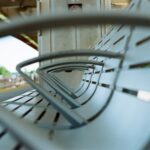


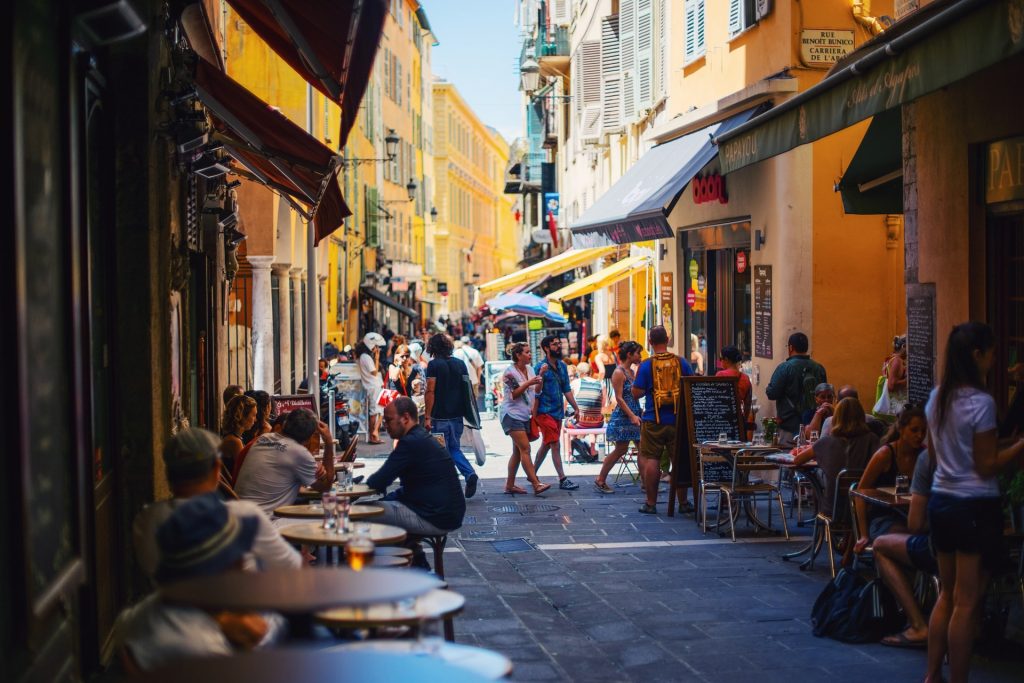
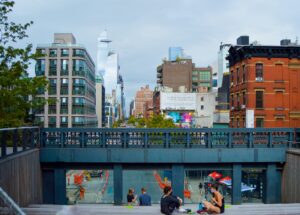
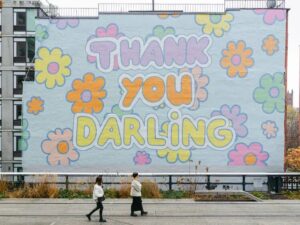
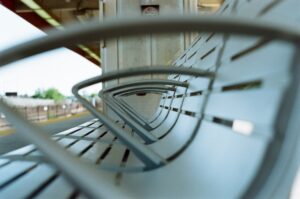

More Stories
A stealthy reimagining of urban public space by Elizabeth Diller
Security by Design: Protection of public spaces from terrorist attacks
10 years of Global Public Space Programme – Annual Report 2022 and reflections on a Decade of Public Space